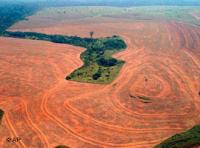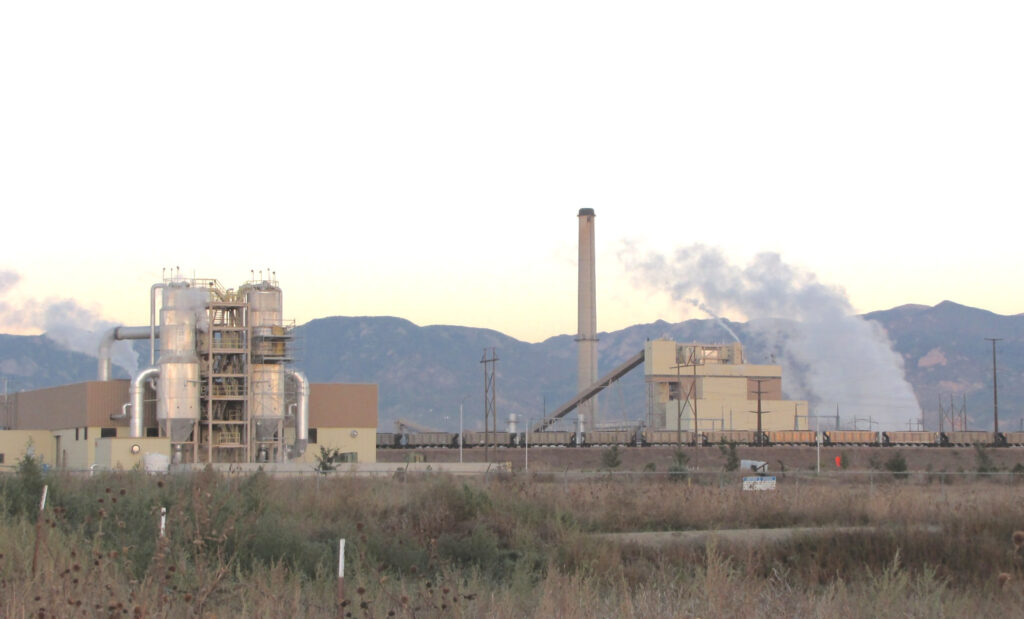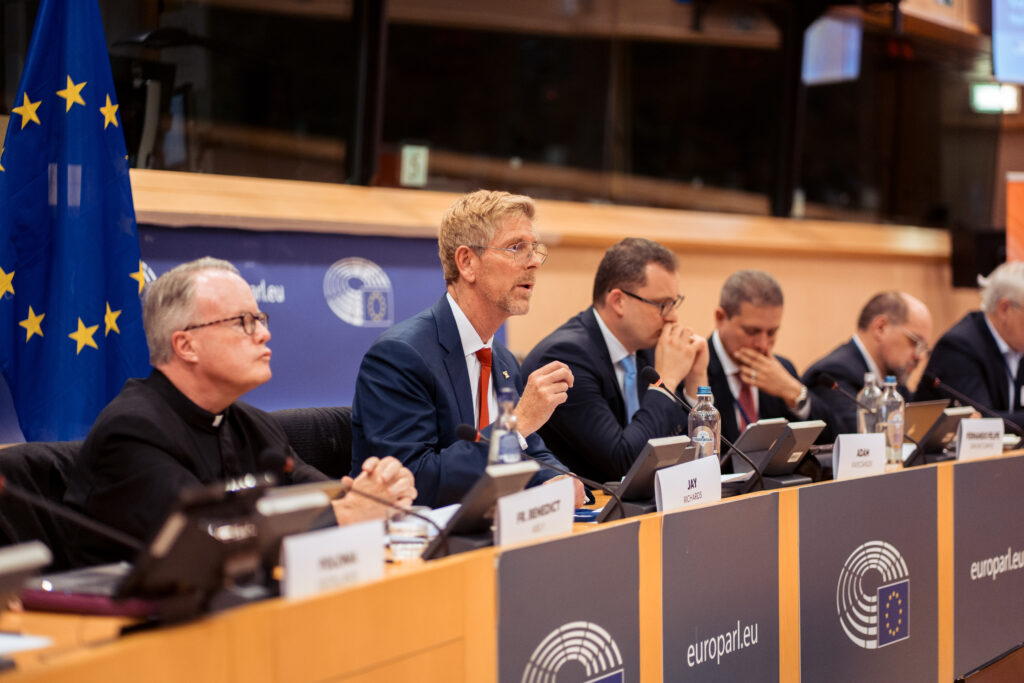A climate conference in Brazil’s Amazon basin has drawn indigenous groups from 11 Latin American countries, Indonesia and Congo. In the largest gathering of its kind, they came to forge a plan whereby wealthier nations would compensate developing countries for saving tropical forests.
Scientists reckon tropical deforestation causes 20 percent of the world’s greenhouse-gas emissions. An international carbon-trading plan was a central topic last December at a climate conference in Bali, Indonesia.
Under the program, known as Reducing Emissions from Deforestation and Forest Degradation, or REDD, wealthy countries, principally the U.S and European nations, would pay developing countries for every hectare, or 2.47 acres, of forest they do not cut down.
The Woods Hole Research Center in Massachusetts recently estimated indigenous groups should receive $10 per square kilometer for “perimeter defense.”
The cost of paying private landholders and governments to conserve the Amazon would be $531.6 million a year by the 10th year of the program, the center calculated. Several indigenous leaders have expressed concern that such a system would ultimately be devised to compensate governments with the carbon credits, but not indigenous communities.
“The challenge is to pay the native peoples, not the governments,” said Elisa Canqui, a member of the United Nations Permanent Forum on Indigenous Issues. “They need to be direct beneficiaries in this process.”
The Indonesian government has promoted carbon trading, but many see South America, where native populations have stronger legal claims to land, as a major staging ground for the concept.
Unlike Southeast Asia, where land is tightly controlled by national governments, Brazil has set aside areas for native groups, who now have permanent rights to 12 percent of the country’s territory and 21 percent of the Amazon. Some 49 million acres were set aside for rubber tappers, Brazil nut gatherers and river communities.
Brazil has also shown willingness to crack down on rampant logging. Deforestation rates in the country, despite a spike last year, had been declining for several years.
There are still looming questions such as how to measure the amount of carbon conserved, and whether forest lands can be protected from illegal logging and government corruption.
Subscribe to our newsletter
Stay up to date with DeSmog news and alerts






